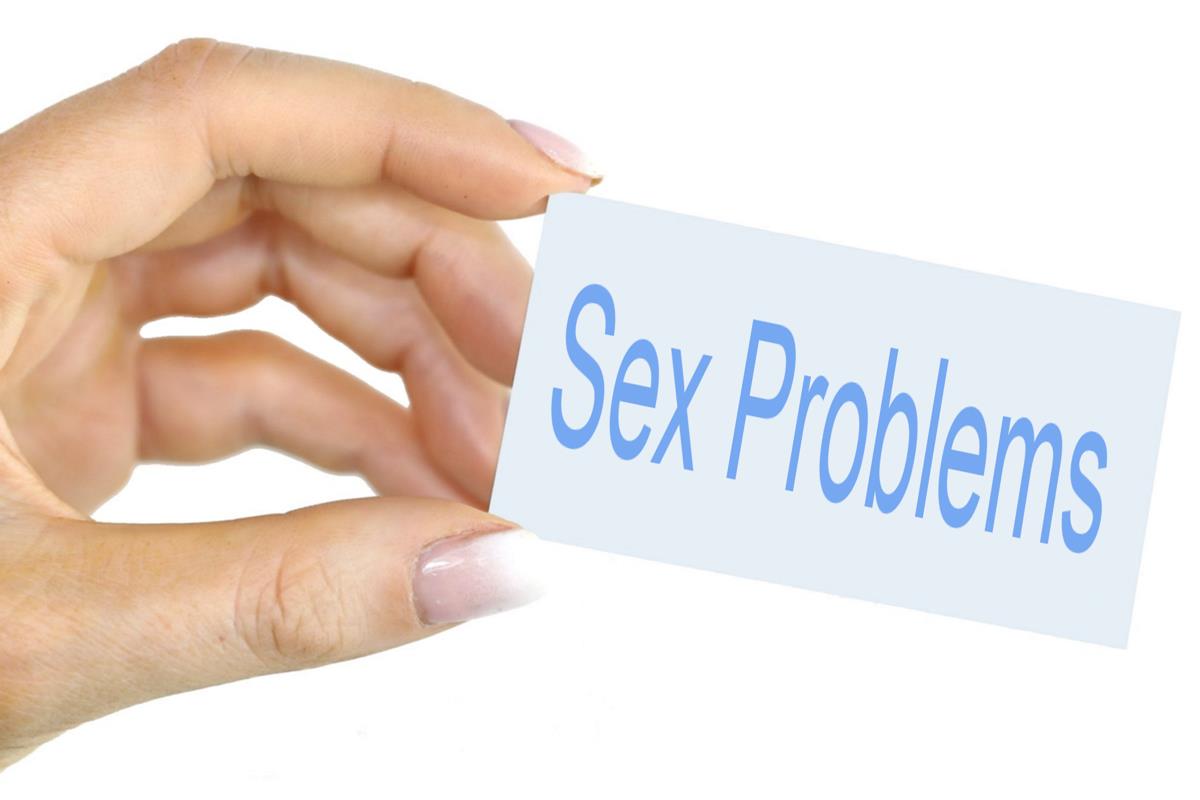Tackling the problems of a low-sex relationship
28 September 2021
Sex often emerges as an issue in couple therapy, even if it’s not the primary issue the couple has come with. In many instances a couple’s sex life has reduced dramatically or has become unsatisfying.
When sex is going well it adds an important benefit to a relationship - fostering closeness and trust. But when sex is going badly, or not at all, it takes a heavy toll. The more problems surrounding sex, the more the couple tends to avoid even trying and over time the problem can become chronic.
Inhibited sexual desire (ISD) is the most common form of sexual problem, with one in three women and one in seven men reporting a lack of desire. The second most common problem is differences in sexual desire within the couple.
There are many possible reasons for inhibited sexual desire. As well as medical issues such as side effects of medication, these include:
- Sexual secrets - such as shame over childhood abuse, interest in a partcular sexual fetish or being gay in a heterosexual relationshiop. Some of these can be dealt with while others may point towards the end of the relationship.
- Expression of anger - with-holding or avoiding sex may be a way for one partner to retaliate if they feel dominated or badly treated in the relationship but find it difficult to express their anger directly.
- Fertility problems - where sex becomes a duty or pressure
 The big danger when any of these issues emerges is that sex becomes awkward or a source of anxiety and therefore both partners begin to avoid even trying.
The big danger when any of these issues emerges is that sex becomes awkward or a source of anxiety and therefore both partners begin to avoid even trying.
Between 20% and 30% of couples who have been together for more than two years have a low-sex or no-sex relationship, according to Rekindling Desire.*
If a problem lasts for more than six months it is unlikely to spontaneously resolve itself and couple therapy may be needed. In therapy both partners can be encouraged to actually talk about what has been going on and what their feelings are about it. This brings the opportunity to make progress, rather than ignoring the problem and feeling resentful.
When a couple enters relationship therapy it is a positive sign for their sex life because being in therapy shows a shared commitment to the health of the relationship. Having a weekly therapy sessions also helps in maintaining motivation, as turning around these problems will take time and progress will be gradual.
*Rekindling desire (2014), McCarthy Barry & Emily, Routledge, New York
Photo creative commons licence,
https://thebluediamondgallery.com/hand-held-card/s/sex-problems.html


